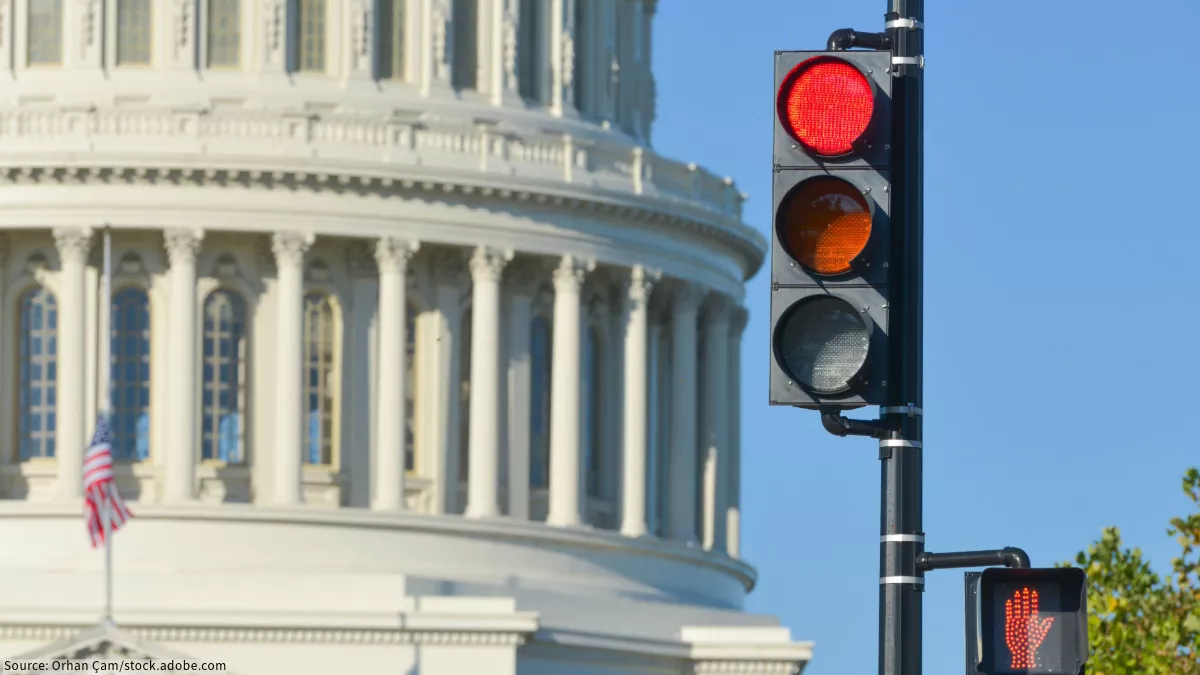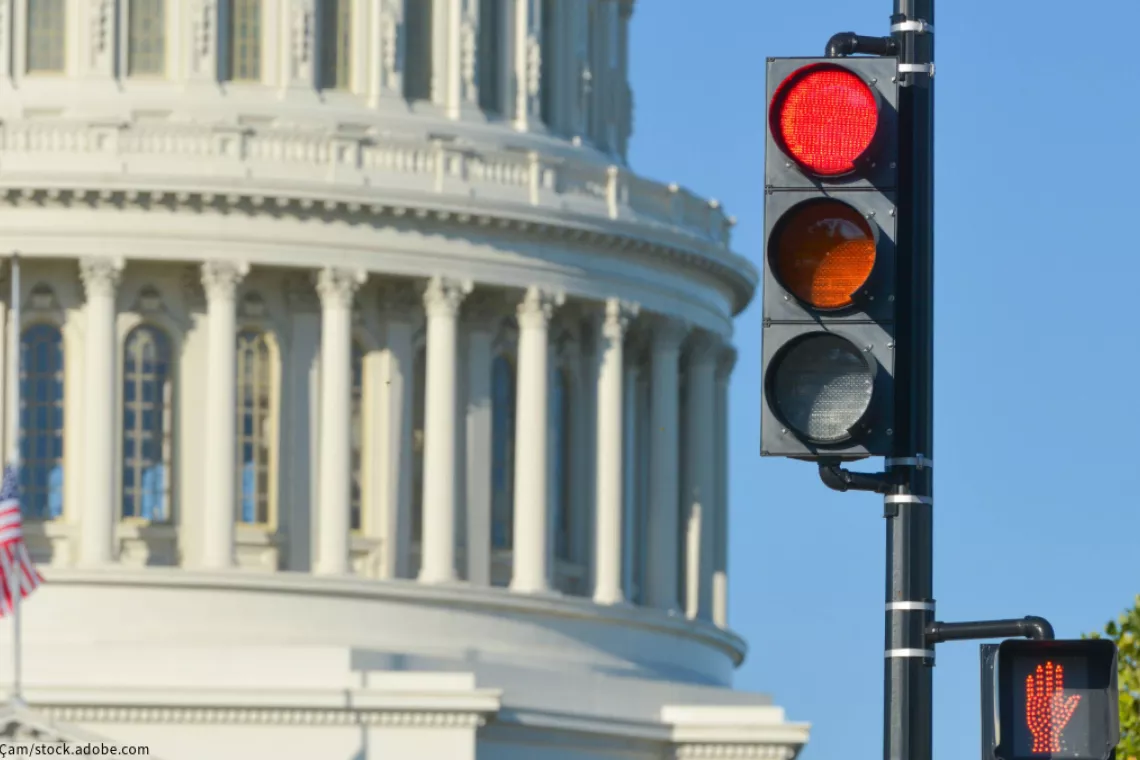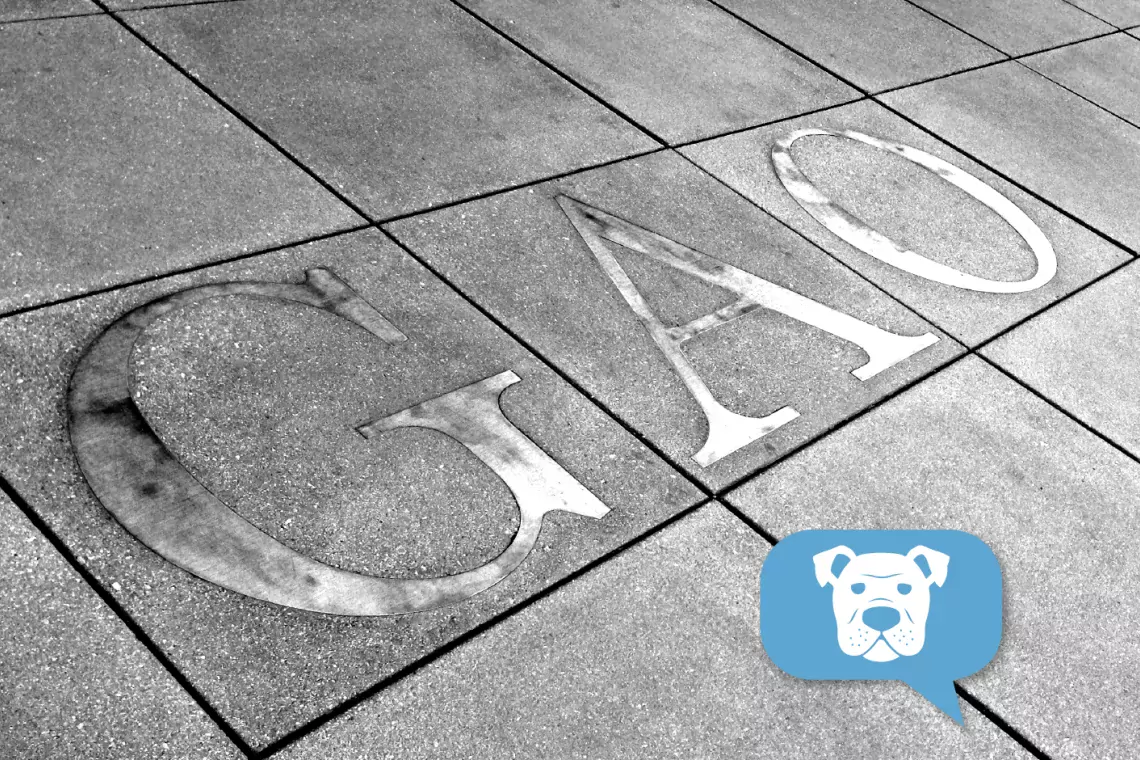What is a “Pocket Rescission” and is It Legal?
You may have heard of a “pocket veto,” but maybe not a “pocket rescission.” In both cases, timing is key. But unlike pocket vetoes, pocket rescissions aren’t allowed. As we approach the end of the fiscal year (September 30), we have received more questions about pocket rescissions.
Today’s WatchBlog post answers some of the more common questions we get.
Image

What is a pocket rescission?
A pocket rescission occurs when a president asks Congress to rescind (or cancel) funds very close to the end of the fiscal year—so close that the funds expire before they can be used for new obligations.
A pocket rescission essentially bypasses Congress’s power of the purse. Here’s why:
- Congress provides funding through appropriation bills that then become law.
- If a president wants to rescind funding, he or his administration must send a special message to Congress requesting that funding be canceled. Congress has 45 days to respond.
- But, when not enough time is given to consider this request or for funds to be used before they expire, the president is bypassing congressional authority over government funding.
Are pocket rescissions legal?
No. A pocket rescission is illegal as we explained in our most recent decision on pocket rescissions. Congress holds the power of the purse—approving a budget and appropriating funds. Presidents and executive branch agencies are responsible for administering those funds.
A pocket rescission could allow a president to avoid spending the money regardless of whether Congress approves the rescission request. This would cede Congress’s power of the purse by allowing a president to, in effect, change the law by shortening the period of availability for fixed-period funds.
The Impoundment Control Act (ICA) does not provide that authority. If Congress wanted a president to have that authority, it would need to change the law.
Are pocket rescissions new?
No. Although it doesn’t come up often, we have decisions about pocket rescissions dating back to the 1970s—beginning shortly after the enactment of the ICA. Our position has evolved over time as we have considered new case law from the Supreme Court and amendments to the ICA.
Our most recent decision on pocket rescissions from 2018 sets out our legal analysis. In that decision, we concluded that the ICA does not permit the withholding of funds through their expiration date. In reaching that conclusion, we considered the language in the law, legislative history of the ICA, Supreme Court case law, and the overarching constitutional framework of the legislative and executive powers. We found that there is no basis to interpret the ICA as a mechanism by which a president may shorten the time period that an appropriation may be used.
Where can I learn more?
For additional information about the ICA, see our Impoundment Control Act Resources webpage and our 2021 testimony.
- GAO’s fact-based, nonpartisan information helps Congress and federal agencies improve government. The WatchBlog lets us contextualize GAO’s work a little more for the public. Check out more of our posts at GAO.gov/blog.
- Got a comment or question? Email us at blog@gao.gov.
GAO Contacts
Related Products

GAO's mission is to provide Congress with fact-based, nonpartisan information that can help improve federal government performance and ensure accountability for the benefit of the American people. GAO launched its WatchBlog in January, 2014, as part of its continuing effort to reach its audiences—Congress and the American people—where they are currently looking for information.
The blog format allows GAO to provide a little more context about its work than it can offer on its other social media platforms. Posts will tie GAO work to current events and the news; show how GAO’s work is affecting agencies or legislation; highlight reports, testimonies, and issue areas where GAO does work; and provide information about GAO itself, among other things.
Please send any feedback on GAO's WatchBlog to blog@gao.gov.



